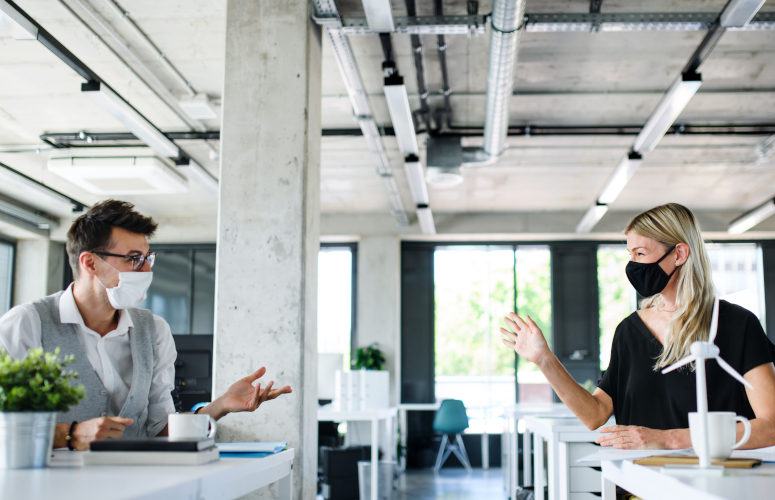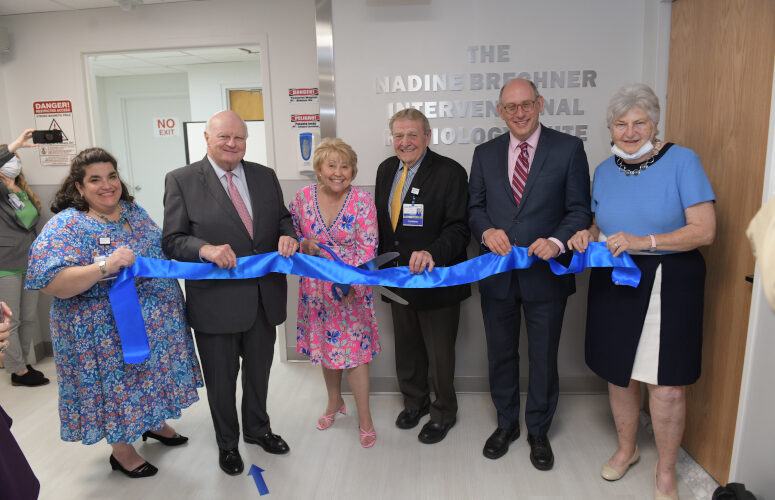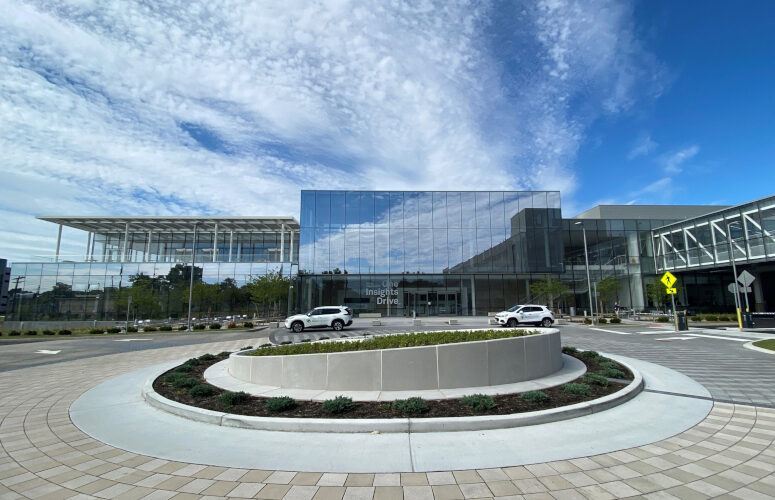
EO 192 Business Safety Protocols Go Into Effect
On Nov 5, 2020This morning at 6 a.m., Executive Order 192 went into effect for all New Jersey businesses. Signed on October 28th by Gov. Phil Murphy, the order establishes health and safety standards for public- and private-sector workplaces in order to protect employees from the coronavirus.
The order is considered a costly mandate on most businesses that have already implemented measures to protect their workers and customers.
According to Michele Siekerka of the New Jersey Business & Industry Association, “Mechanisms already exist to call out bad actors and hold them accountable. There is no need to now mandate additional costs on the good actors through unnecessary policy.”
She said that policymakers must strike a better balance toward trying to help employers by prioritizing legislation for liability protections supporting those businesses that are doing the right thing already – in addition to bringing them more sorely needed resources.
“Sadly, we heard no such balance from the governor when he signed the EO,” Siekerka said. “We only heard about applying more financial burdens on the same job creators who simultaneously have many of the greatest capacity restrictions in the nation.”
When Murphy signed the EO last week, he said he was taking action because the federal Occupational Safety & Health Administration (OSHA) failed to do so. “We will step up where Washington, D.C. has failed to lead,” he said via a Facebook Live conference.
The EO covers three key areas:
- Establishes workplace health and safety standards that will cover all New Jersey-based workers in both the private and public sectors.
- Creates a collaborative enforcement mechanism to ensure that complaints and reports of noncompliance are properly addressed.
- Makes sure workers are informed of their rights and that employers are informed of their obligations.
At a minimum, Murphy said these standards require all workers to be screened for COVID-19 symptoms prior to every shift, and that workers must maintain at least 6 feet of distance from one another “to the maximum extent possible.” The standards also require employees and visitors to wear masks when entering the worksite, subject to certain limited exceptions.
Other protocols require employers to:
- Provide approved sanitization materials to employees and visitors at no cost to those individuals;
- Ensure that employees practice hand hygiene and provide sufficient break time for that purpose;
- Routinely clean and disinfect all high-touch areas in accordance with DOH and CDC guidelines;
- Conduct daily health checks, such as temperature screenings, visual symptom checking, self-assessment checklists, and/or health questionnaires, prior to each shift, consistent with CDC guidance;
- Exclude sick employees from the workplace and follow requirements of applicable leave laws; and
- Promptly notify employees of any known exposure to COVID-19 at the worksite.
To ensure compliance, Murphy said that the online complaint intake form will go live next week.
The state Department of Labor & Workforce Development, as well as Department of Health, will create investigatory protocols to assist employers with compliance. The agencies will also pursue enforcement actions when necessary, “including the ability to shut down a workplace if an employer continues to be noncompliant and puts the health and safety of workers at risk,” Murphy said.
The Department of Labor is developing worksite notices and materials regarding the EO and safety standards. It is also creating a training program to ensure “employees are aware of their rights and that employers are aware of their obligations,” Murphy said. The training program is being developed in concert with Rutgers University and members of the Protect NJ Workers Coalition.
To access more business news, visit NJB News Now.
Related Articles:





